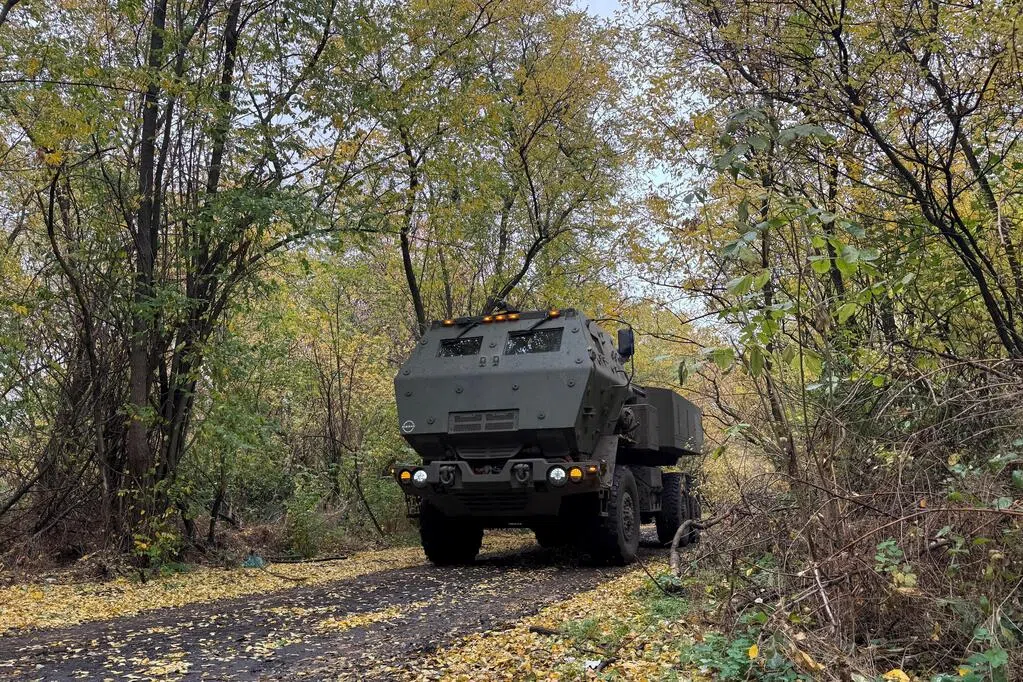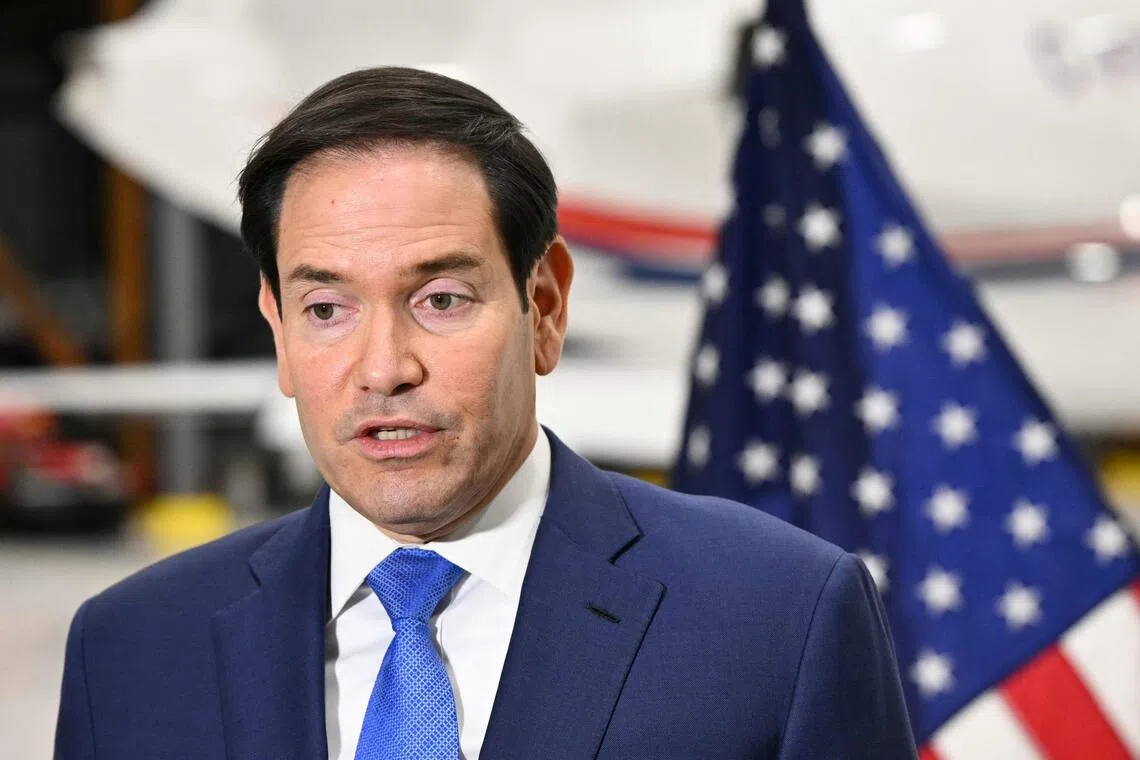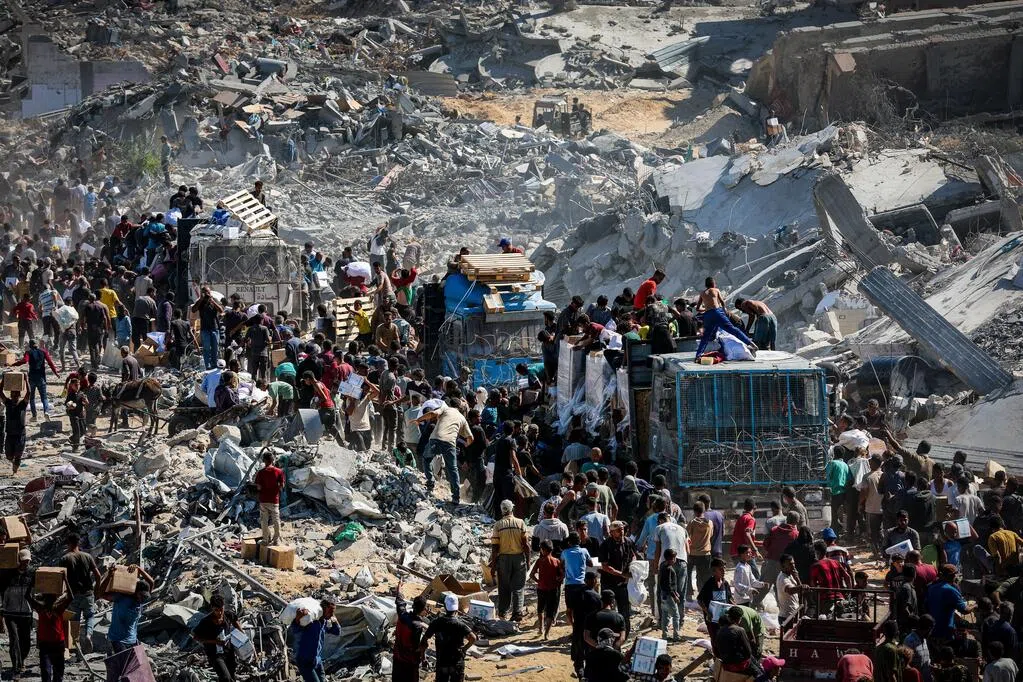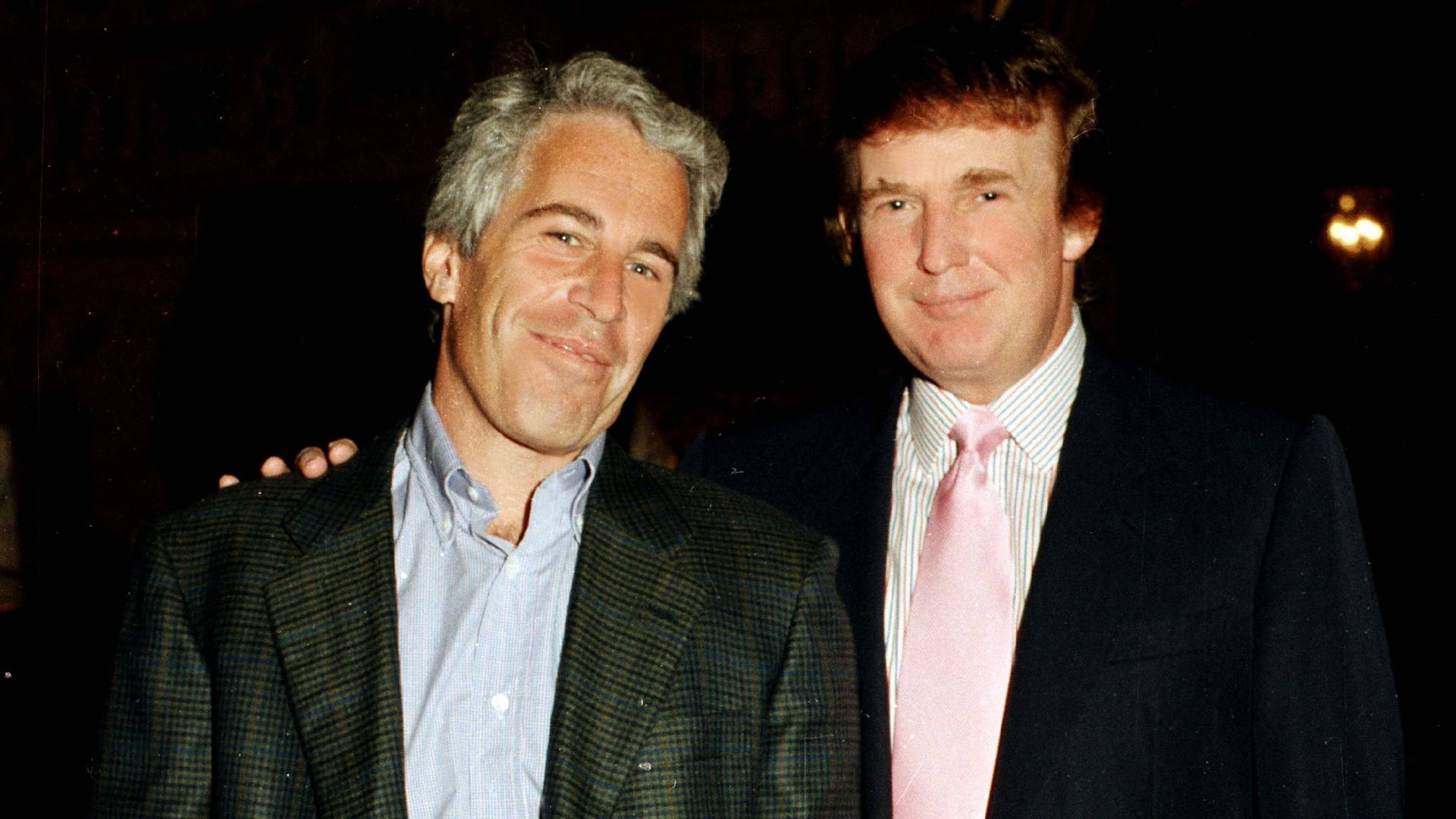(Ontario/Helsinki) – The foreign ministers of the Group of Seven (G7) issued a joint statement calling for an immediate ceasefire between Russia and Ukraine and indicating their intention to exert greater economic pressure on Russia.
The G7 foreign ministers issued the statement after concluding their meeting in Canada on Wednesday (November 12), firmly supporting Ukraine's territorial integrity.
During the meeting, they discussed various options for increasing financial support to Ukraine, including further utilizing Russian sovereign assets frozen in the jurisdictions of G7 member states.
Prior to the joint statement, Ukrainian Foreign Minister Sergei Sebiga, who was invited to the meeting, told the media that the G7 must exert greater pressure on Russian President Vladimir Putin while simultaneously strengthening Ukraine's fighting capacity.
Sebiga said, "Putin still harbors the illusion that he can win. In reality, he has lost over a million soldiers without achieving any strategic objectives… We must let Putin and his regime know that they cannot afford the cost of continuing the war and will put themselves in danger."
Further Reading


Rubio: Trump will only meet with Putin again if there is a real possibility of a ceasefire. U.S. Secretary of State Marco Rubio told reporters after the G7 foreign ministers' meeting on Wednesday that President Trump would only agree to meet with Putin again if he was convinced that a meeting between the U.S. and Russian presidents had a high chance of yielding positive results and helping to end the Russia-Ukraine war.

Rubio said, "Both sides previously agreed that the next meeting between the two leaders must yield tangible results. We must be confident that the meeting will truly produce positive results. We certainly...hope to see the war end, but we cannot meet for the sake of meeting."
Trump was scheduled to meet with Russian President Putin again last month, but the meeting was canceled because Trump questioned Russia's willingness to cease hostilities.
EU High Representative for Foreign Affairs and Security Policy Karas told Reuters on Wednesday, "To achieve peace, we must exert greater pressure. They (the US) have engaged with Russia, which we welcome, hoping to achieve genuine peace through this. However, frankly...their assessment is that Russia's objectives remain unchanged, and therefore the peace talks are not genuine."
G7 Considers Countering Russian Allies
In addition to discussing pressure on Russia, the G7 foreign ministers also said in a joint statement, "We...are studying measures against those countries and entities that are funding Russia's war effort."
Europe and the United States have repeatedly expressed concern about China and North Korea providing aid to Russia. Finnish Defense Minister Heiko Heikkenen told AFP on Wednesday that Sino-Russian cooperation has reached a very deep level, with China providing substantial funding for Russia's war effort. This not only exacerbates security threats in Europe but also poses a challenge to NATO.
Heikkenen said, "Russia cannot sustain a long-term war relying solely on its own resources. Of course, India provides funding in other ways, but China is doing so quite deliberately."
He pointed to China providing Russia with military components, engaging in defense industry cooperation, and organizing joint military exercises in the Arctic, Indo-Pacific, and Europe.
Heikkenen said that Nordic countries are also strengthening defense cooperation to counter threats, including forming a joint force of 250 Nordic Air Force aircraft, tripling arms production, and developing military mobility corridors in the Nordic region.
Finland shares a 1,340-kilometer border with Russia. Following Russia's invasion of Ukraine, Finland joined NATO in 2023, ending decades of military non-alignment.
。



